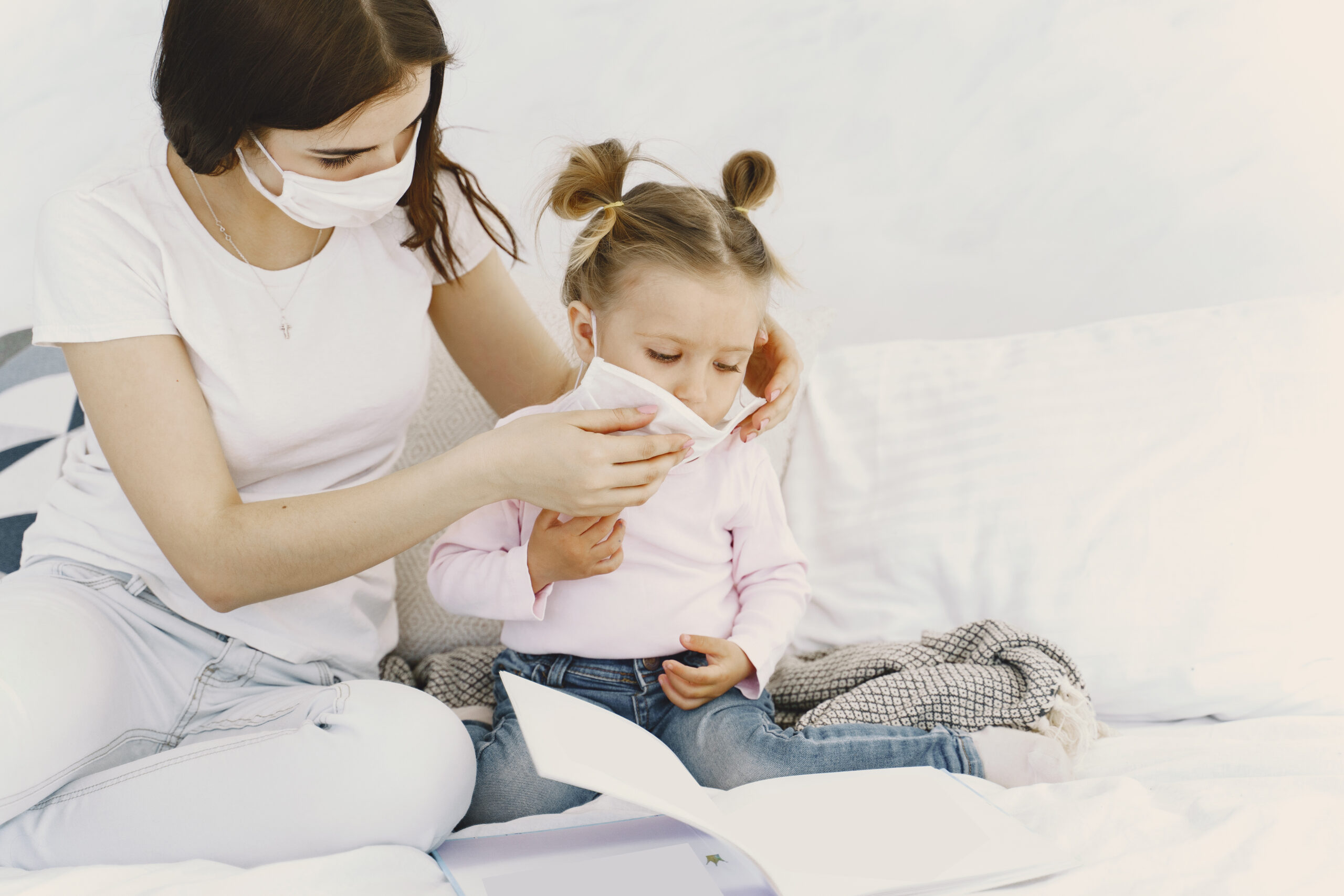About RSV Infection
RSV (Respiratory syncytial virus) is a common respiratory virus that causes mild cold symptoms. In children, it causes respiratory problems, leading to breathing issues as it infects the lungs and breathing passage. RSV can cause severe infection in some people, including babies 12 months and younger (infants), especially premature infants, older adults, people with heart and lung disease, or anyone with a weak immune system (immunocompromised).
Saliva and mucus stay on the surface for hours, causing RSV Infection to spread rapidly. You need to keep your child away from children with this type of infection. It would also be helpful if you also teach them some good habits, i.e., hand-washing. After seeing symptoms like wheezing, coughing, and having problems with breathing, you have to visit your nearest Pediatrician’s clinic or hospital. Early treatment and diagnosis are necessary to avoid any complications.
Causes of Respiratory Syncytial Virus (Infection)
When your child comes in close contact with others who suffer from this infection, it makes them ill. The virus spreads with objects, so when an infected and healthy person comes in contact with the same, healthy ones also get affected. Sharing things can also spread the virus from one child to another. Protecting your child from Respiratory syncytial virus is crucial, like keeping your hands clean and keeping a distance from close contact with ill ones.
Symptoms of RSV Infection
The symptoms of RSV Infection in children will show within 4-6 days after exposure to RSV. Some early signs of RSV disease in young ones can be a decreased appetite, runny nose, and a cough that may turn into wheezing.
However, newborns may have distinct signs from others, such as decreased activity, irritability, apnea, or pausing for breath while sleeping. In adults, these signs can include cough, runny nose, fever, sore throat, and fatigue.
Diagnosis of RSV Infection
Sometimes, the symptoms of RSV infection are not severe. In those cases, Doctors do not require any tests to diagnose this infection. However, the doctor may start the diagnostic procedure if there are serious issues. Doctors may take blood samples or urine to check for urinary tract infections when it occurs in infants. For adults, during severe RSV Infection, the doctor can take a Chest X-ray, CT Scan, or other tests to analyze the person’s lung health.
Treatment of Respiratory Syncytial Virus (RSV) Infection
The treatment of the RSV Viral Infection mainly includes Self-Care Measures to make your child more appropriate. But sometimes Hospital care can be required in case a severe condition occurs.
Your child specialist may give you some medicines to lower your child’s fever. He also recommends nasal saline drops that assist in clearing a stuffy nose. Doctors can also provide some antibiotics in case of bacterial complications like bacterial pneumonia.
You need to keep your child comfortable and take proper care so that dehydration won’t occur. Moreover, to reduce the chances of RSV Infection, you may provide lots of fluids and check for dehydration symptoms like dry mouth, sunken eyes, and too much sleepiness.
In many cases, RSV Viral Infection is severe in children. In that case, they need some extra cures at the hospital, i.e., Humidified oxygen, Intravenous (IV) fluids, and A breathing machine (mechanical ventilation) in some cases.
Prevention of RSV Infection
You can prevent your child from getting in contact with RSV infection. You need to
- You can try to make a habit of hand-washing
- It would help if you tried to stay away from close contact with individuals who have cold or cold-like signs
- You must protect the nose and mouth by covering them when sneezing or coughing
- By regularly cleaning and disinfecting surfaces.
- By staying home when ill
- Do not touch the face with your hands if your hands are not clean.
Conclusion: Respiratory Syncytial Virus (RSV) Infection is a viral infection that can be treated by staying clean and taking medication. However, this infection may also be severe sometimes and need hospital care. So, to avoid this disease, you need to be aware of the causes, symptoms, and other details related to RSV Infection.
FAQs:
Q.1. What are the initial symptoms of RSV Infection?
Ans. The initial signs of RSV are runny nose, fever, Congestion, cough, and sore throat.
Q.2. What happens if RSV Infection is not treated in children?
Ans. If RSV Viral Infection is not treated in kids, they can face severe conditions like Asthma. Chronic obstructive pulmonary disease (COPD) is a chronic disease of the lungs that makes breathing hard.
Q.3. Is Antibiotic Treats RSV?
Ans. Antibiotics do not treat RSV because they are only effective against bacteria.
Q.4. How much time does RSV take to recover?
Ans. The RSV Infection ordinarily lasts for 3 to 7 days. But it may take two weeks for children and adults to recover entirely.






